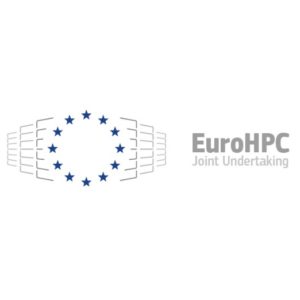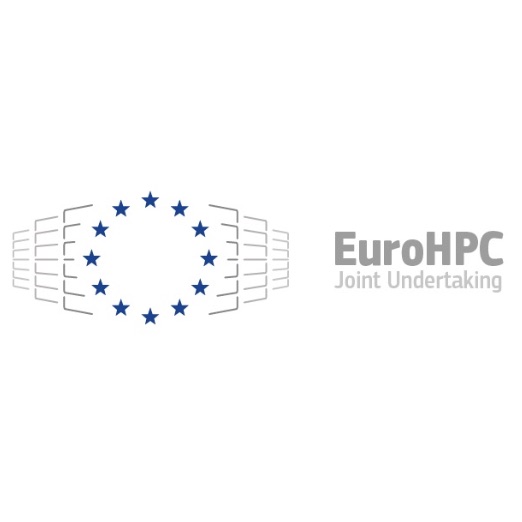 The European High Performance Computing Joint Undertaking (EuroHPC JU) has launched its first calls for expressions of interest, to select the sites that will host the Joint Undertaking’s first supercomputers (petascale and precursor to exascale machines) in 2020.
The European High Performance Computing Joint Undertaking (EuroHPC JU) has launched its first calls for expressions of interest, to select the sites that will host the Joint Undertaking’s first supercomputers (petascale and precursor to exascale machines) in 2020.
Deciding where Europe will host its most powerful petascale and precursor to exascale machines is only the first step in this great European initiative on high performance computing,” said Mariya Gabriel, Commissioner for Digital Economy and Society. “Regardless of where users are located in Europe, these supercomputers will be used in more than 800 scientific and industrial application fields for the benefit of European citizens.”
Supercomputing, also known as high performance computing (HPC), involves thousands of processors working in parallel to analyse billions of pieces of data in real time, performing calculations much faster than a normal computer, and enabling scientific and industrial challenges of great scale and complexity to be met. The EuroHPC JU has the target of equipping the EU by the end of 2020 with a world-class supercomputing infrastructure that will be available to users from academia, industry and small and medium-sized enterprises, and the public sector. These new European supercomputers will also support the development of leading scientific, public sector and industrial applications in many domains, including personalised medicine, bio-engineering, weather forecasting and tackling climate change, discovering new materials and medicines, oil and gas exploration, designing new planes and cars, and smart cities.
The EuroHPC JU was established in 2018, with the participation of 25 European countries and the European Commission, and has its headquarters in Luxembourg. By 2020, its objective is to acquire and deploy in the EU at least two supercomputers that will rank among the top five in the world, and at least two others that today would be in the top 25 machines globally. These supercomputers will be hosted and operated by hosting entities (existing national supercomputing centres) located in different Member States participating in the EuroHPC JU.
To this purpose, the EuroHPC JU has now opened two calls for expressions of interest:
- Call for hosting entities for petascale supercomputers (with a performance level capable of executing at least 1015 operations per second, or 1 Petaflop)
- Call for hosting entities for precursor to exascale supercomputers (with a performance level capable of executing more than 150 Petaflops).
In addition to these plans, the EuroHPC JU aims to acquire by 2022/23 exascale supercomputers, capable of 1018 operations per second, with at least one being based on European HPC technology.
In the acquisition of the petascale supercomputers, the EuroHPC JU’s financial contribution, from the EU’s budget, will be up to EUR 30 million, covering up to 35% of the acquisition costs. All the remaining costs of the supercomputers will be covered by the country where the hosting entity is established.
For the precursor to exascale supercomputers, the EuroHPC JU’s financial contribution, from the EU’s budget, will be up to EUR 250 million and will enable the JU to fund up to 50% of the acquisition costs, and up to 50% of the operating costs of the supercomputers. The hosting entities and their supporting countries will cover the remaining acquisition and operating costs. The EuroHPC JU will be the owner of the precursors to exascale supercomputers it will acquire.
Sign up for our insideHPC Newsletter




